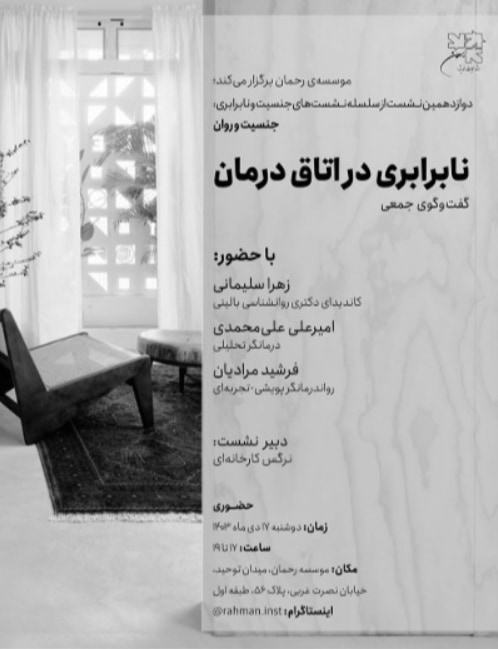In the next few minutes, I will briefly explore the position of the client and the therapist, as well as the intersubjective space between them in the process of psychotherapy—both in general and more specifically within the cultural context of Iran. I will also examine how these aspects relate to the issue of abuse in psychotherapy.
Regarding the concept of psychopolitics, this term refers to a form of governance. It is closely related to Foucault’s concept of biopolitics and is equivalent to the idea of governmentality. It highlights the relationship between psychology and power and explores how cultural and political systems shape our personal experiences. In the context of abuse in psychotherapy, this concept helps us see how societal norms infiltrate the therapeutic space.
When I was invited to speak on this topic, I revisited several personal accounts of abuse in therapy that individuals had shared on media. I paid close attention to their narratives, the language they used, and how they described the therapeutic space in order to better understand the dynamics involved.
My talk today will have three parts. First, I will refer to a few quotes from these narratives. Then, I will discuss the theoretical positioning of the client, the therapist, and the very aim of therapy; primarily through the lens of the French psychoanalyst Jacques Lacan. Finally, I will touch on some points regarding the cultural and societal backdrop of our country, particularly in relation to these roles and how it may facilitate or relate to abuse in psychotherapy.

